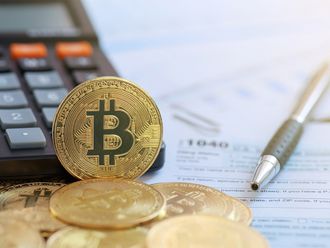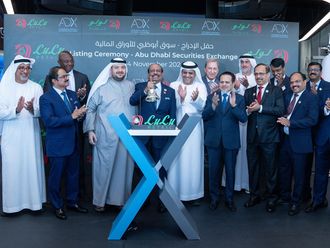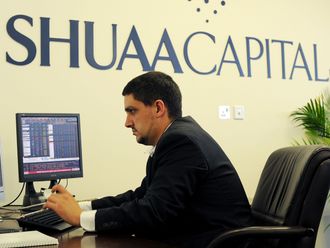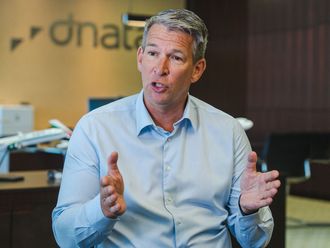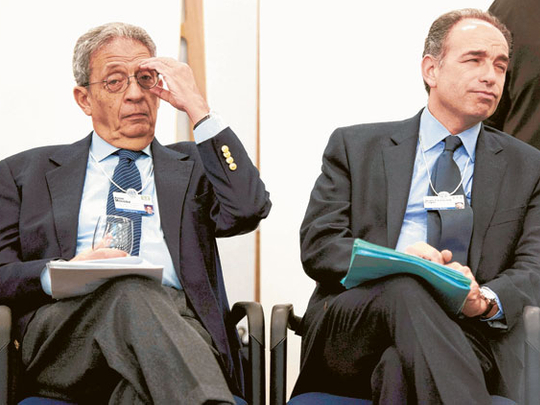
A fascinating session on political Islam started the third day at the World Economic Forum. The speakers and delegates wrestled with the new reality of the Arab world: That political Islam is here to stay, and will be part of the region for the foreseeable future.
The two problems the session teased out were firstly the fears that Islamist parties will somehow not stick to the democratic constitutions that brought them to power and seek to stay in office regardless of their mandate, and secondly that they would introduce Sharia law, imposing Islamic values and lifestyle on all citizens, even including religious minorities who are not Muslim.
Tunisia's new Minister of Foreign Affairs, Rafiq Bin Abdul Salam gave a robust defence of the virtues of Tunisia's coalition government, emphasising that the three-way coalition of Al Nahda, Congress and Forum means that no one has a monopoly of power like the previous regime enjoyed for decades.
Naturally, he disagreed with the proposition that secularisation was part of the modernisation of the Arab world, pointing out that many Islamist activists are educated and very much part of the 21st Century, with training in professions like engineering or teaching.
Note of reality
He was supported in this by Karen Armstrong, the former Catholic nun who is one of the world's leading experts and authors on religion. She argued that it is very possible to be modern, democratic and religious all at the same time, and that this is happening all around the world, not just in the Middle East, taking as one example the strong Christian right wing influence in the American administration of George W Bush.
A note of reality was introduced from the listening delegates by Salim Ali, an American of Pakistani origin in Vermont, who disagreed with the optimists and constitutionalists when he said that experience shows that Muslim democracy is not self-correcting. He pointed to the record in Pakistan where governments have ignored minorities, referring to the controversial passing and enforcement of the Blasphemy Law.
But he was quickly jumped on by the Tunisian minister, who was anxious to say that Pakistan's problems were not particularly Muslim or democratic, but Pakistani, arguing that the experience of that country was unique to it and that it need not be a role model for anyone else.
The people's verdict
But all speakers agreed that political Islam is here to stay, and must be recognised and understood, and then be worked with as a normal part of dealing with Arab politics. Shadi Hamid of Brookings in Qatar pointed out that there was a lot of wishful thinking in the West as the Arab Spring kicked off, with commentators praising the secular nature of the revolutions. But this turned out of be false. "Egyptians like their politics with a lot of Islam," said Hamid, adding that it would be very foolish to ignore the people's verdict.
"The Egyptians should be able to vote for whoever they want, and even if we don't like them, we have to deal with them," he summarised. This view was supported by Karen Armstrong who quoted the example of the Algerian elections when the West refused to admit an Islamist win, leading the radicalisation of the Islamists and a murderous war which ran for years. "When you put religion into a box, and exclude it from the normal life of a country, you will get violence," she said.
This debate was one of several looking at changes in the Arab world in the light of the Arab Spring, but the speakers are not talking to Arabs, but to interested audiences of Europeans and Asians. A few years ago there were very large numbers of delegates from Gulf states at the World Economic Forum, but they seem to have faded away (with the exception of the Emir of Qatar who is due to address the conference later on the topic of New models for the Arab World.
In addition, there are many representatives from the new Libya, Tunisia and Egypt, all anxious to encourage the world's large businesses that their countries are good places for future investment.





